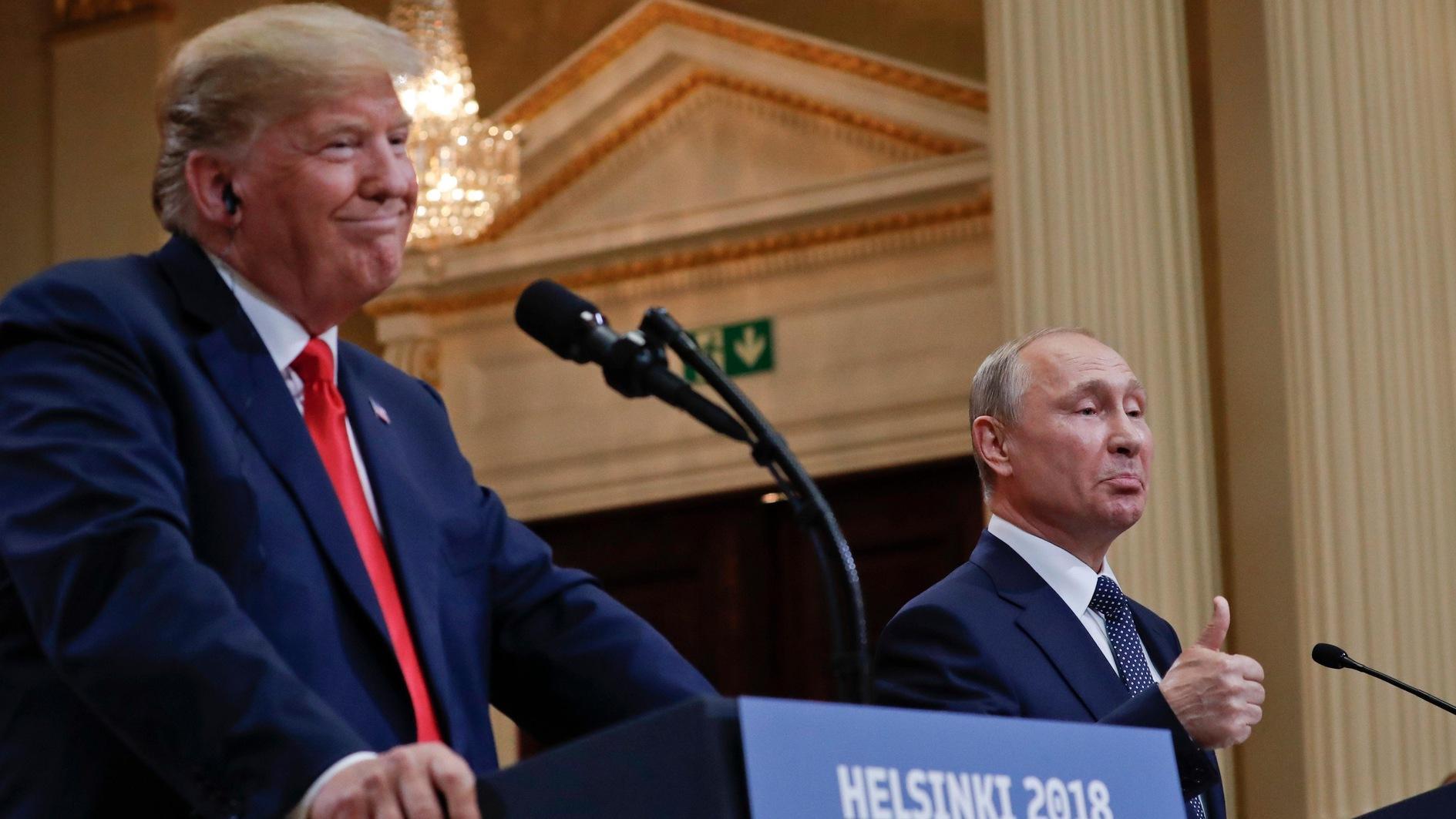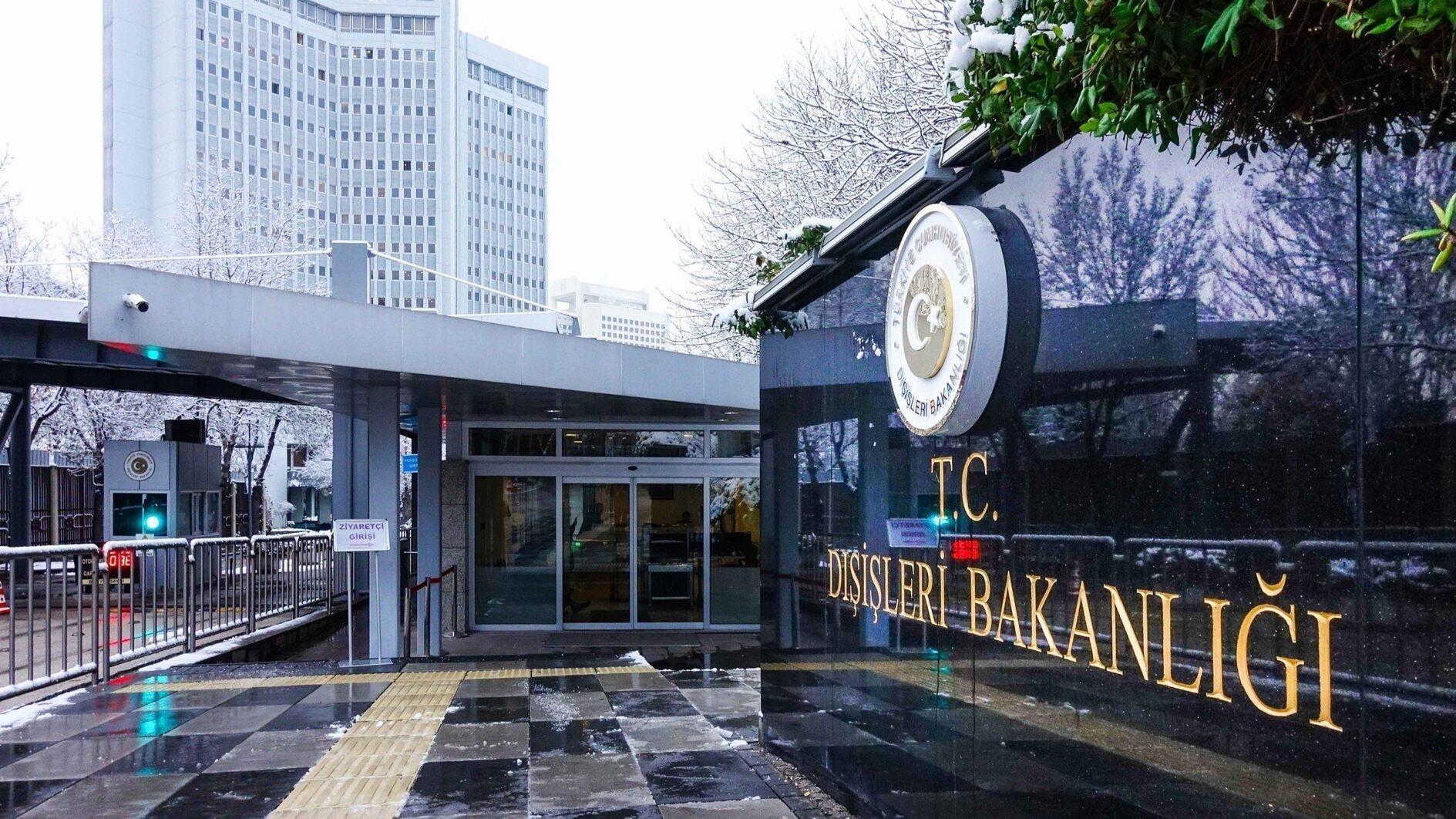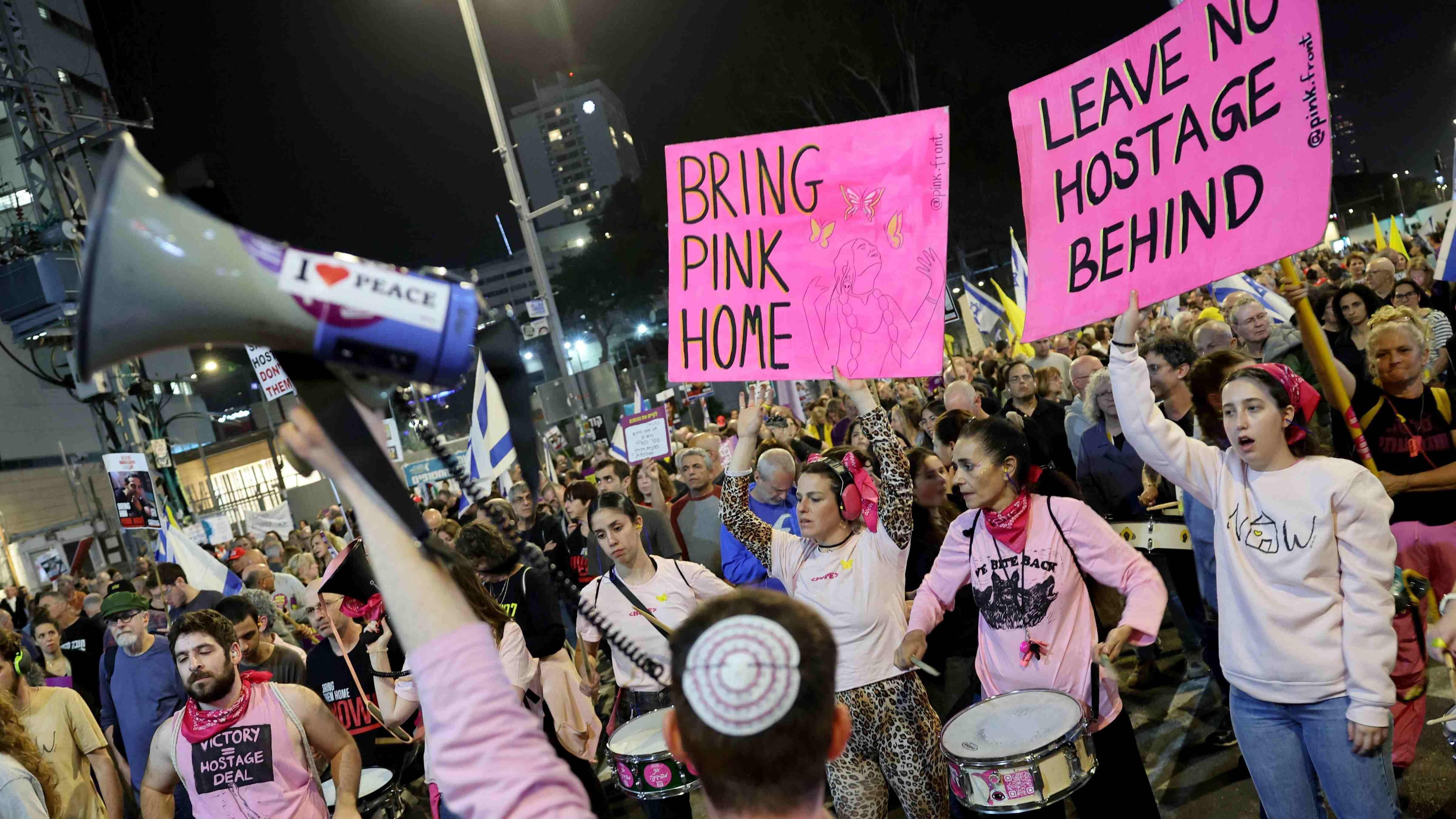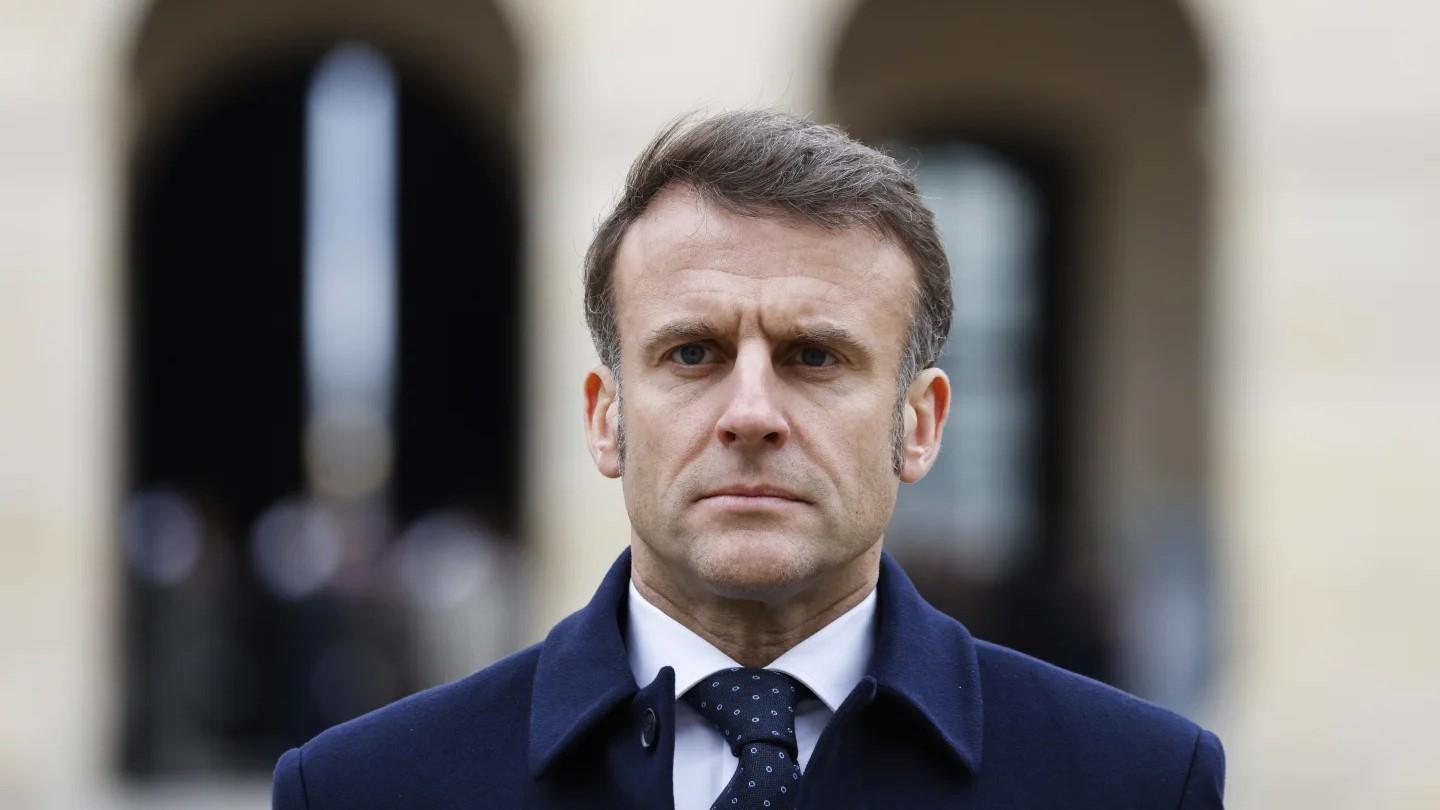Barzani has one wise and safe option
The discussions the president of the Regional Kurdish Administration (KRG) in northern Iraq, Massoud Barzani, had in Turkey were noteworthy. Barzani met Prime Minister Binali Yıldırım a short while ago in Munich. On his return, he met President Recep Tayyip Erdoğan in Istanbul and then met Yıldırım again in Ankara.
Barzani is also in contact with the new administration in the United States, as he met U.S. Vice President Mike Pence in Munich as well. There were statements that in this meeting the topic of an independent Kurdistan was also discussed, it was reported from the Barzani front.
Barzani’s Turkey stopover after his Munich discussions also raised the question of whether these were “independence discussions.”
It is no secret that Barzani wants to declare independence as soon as possible. However, this is a matter only occupying Barzani’s agenda.
There is no such topic on Ankara’s agenda. As before, Ankara is today against Iraq’s dissolution and the formation of an independent Kurdish state. This stance of Turkey is true for Syria as well. Ankara has defended the territorial integrity of both neighboring countries all along.
Ankara knows that the partition of its two neighbors would also threaten the territorial integrity of Turkey.
Forget about independence, Barzani needs support to maintain the current administration. Both the military and the economic problems of the northern Iraqi Regional Administration are increasingly cornering Barzani.
The outlawed Kurdistan Workers’ Party (PKK), which has been activated because of the opportunity opened by Syria, is narrowing Barzani’s power zone in northern Iraq with each passing day. It wants to topple Barzani and poses a serious threat.
Barzani, who aims to form an independent “oil state” in northern Iraq, has a slim chance of making this happen if two powerful nations such as Turkey and Iran oppose him. The risk of him losing his governing power to the PKK is huge. For this reason, it has to eliminate the PKK pressure first and then strengthen its economic resources.
Under these circumstances, Turkey’s support is of vital importance for Barzani. Barzani has converged with Turkey while distancing himself from the PKK. If Barzani loses this support, it would be difficult for him to stand up to the PKK.
It is known that the PKK has started setting up a “headquarters” in the Sinjar region near the Syrian border, taking advantage of the environment created by the Syrian civil war. It is no secret that it has settled in the region under the excuse of protecting the Yazidis, as well as seeking increased support from the U.S. and the Western world with the propaganda of protecting the rights of non-Muslims.
Sinjar is in northern Iraq close to the Syrian border. By forming “a second Kandil” in this region, the PKK is aiming to better manage PYD-YPG activities in northern Syria.
In this picture, what Ankara expects from Barzani is to oust the PKK from the Sinjar region and incapacitate the PKK in this region with the Peshmergas. Ankara knows the military power and capability of Barzani. It does not expect Barzani to be engaged in a long-term war with the PKK but at least to put pressure on it. Barzani needs to show that he is in cooperation with Ankara on this.
For Barzani, who is surrounded by the PKK on one hand and the PYD-YPG on the other, while the Iraqi central army has also reached Mosul, cooperating with Ankara against the PKK looks to be the most reasonable and safe option.
Another matter which Turkey and Barzani may cooperate on is the Syrian Peshmergas. The Peshmerga group, estimated to be around 6,000 to 7,000 men in northern Syria has been moved to northern Iraq by the PKK-PYD-YPG with U.S. support.
In the event that the U.S. accepts the formula Turkey has offered, then it has been suggested that Syrian Peshmergas will join the Free Syrian Army (FSA) supported by the Turkish Armed Forces (TSK) and participate in the Raqqa operation. If a consensus is reached with the U.S. on the Raqqa operation, then the Syrian Peshmergas could become a component of the Euphrates Shield.











